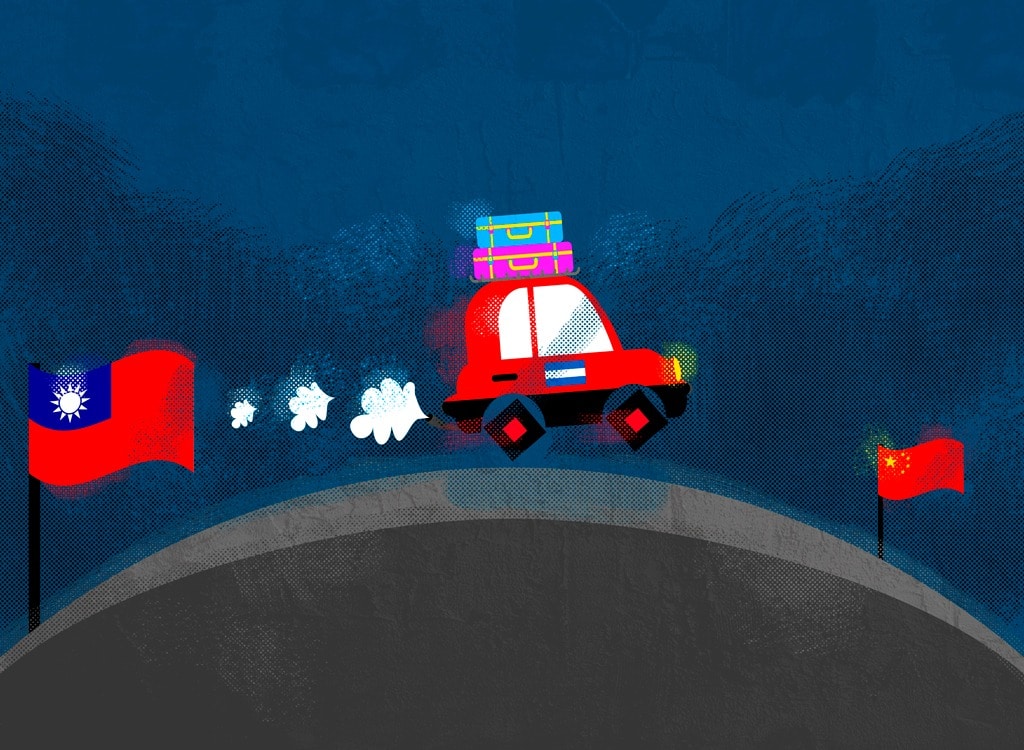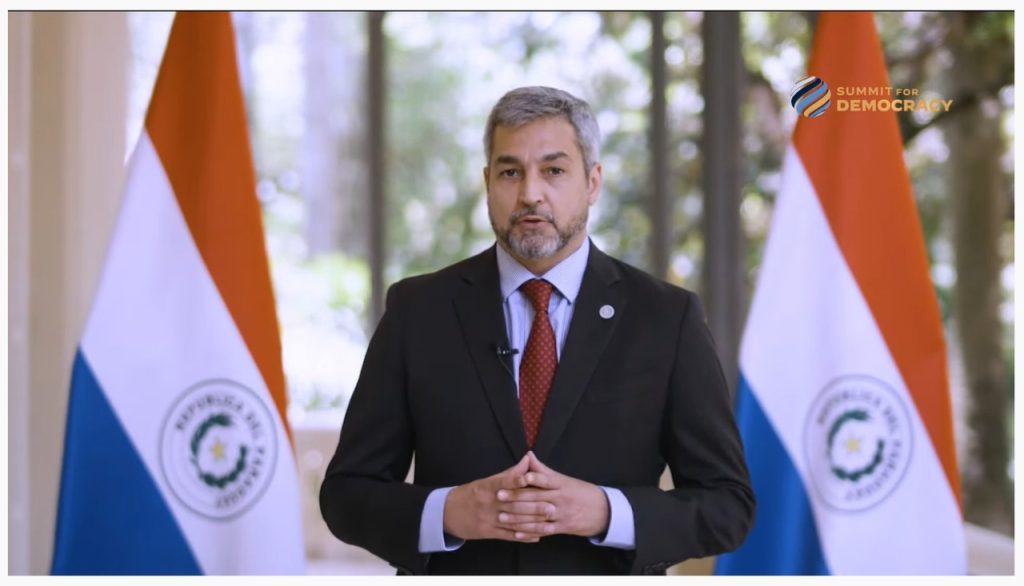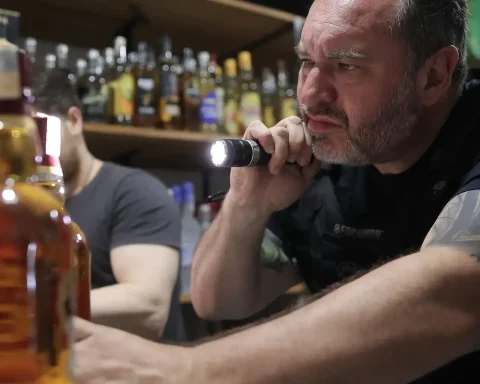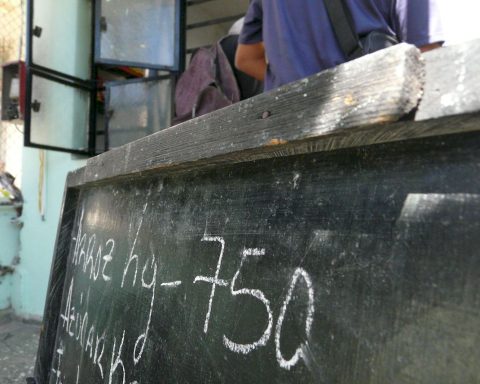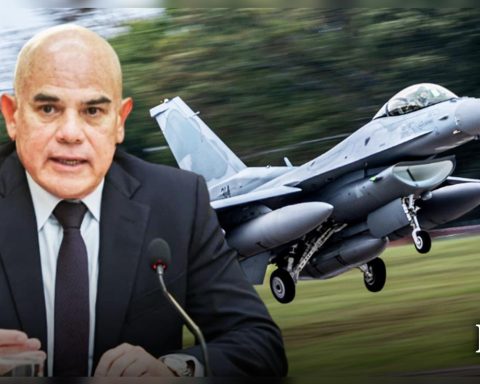The regime’s decision to cut ties with Taiwan in order to establish them with mainland China may not be as economically beneficial, according to the opinion of two economists consulted by CONFIDENTIAL.
This Thursday, December 9, Daniel Ortega surprised Nicaraguans and Taiwanese when his foreign minister, Denis Moncada, read a proclamation reporting the severance of relations with the Government of Taipei, to establish them with that of Beijing, ending three decades of cooperation between the two countries, in which Nicaragua put its hand, and Taipei put the dollars.
With donations close to 58 million dollars, adding the financial years 2020 and 2021, the small Asian nation became a kind of petty cash that the president could go to whenever he required extraordinary funds to undertake small and medium-sized companies. size.
Nothing that the sprawling and overpopulated communist nation cannot overcome, as its gross domestic product (GDP) is $ 14.9 trillion, which is more than 22 times higher than the $ 668 billion of Taiwanese GDP.
“China has enough capacity to replace the aid from Taiwan. Nicaragua can receive more from China, “says economist Carlos Acevedo, former president of the Central Reserve Bank (BCR) of El Salvador.
“The funds that Taiwan has given Nicaragua are not only for the budget, but also to build a small aqueduct, a clinic, and that has helped the regime to maintain its clientelist scheme and have the population convinced, and although now that it is over, it is reasonable to believe that China is going to compensate them, ”says economist Ottón Solís, former deputy and former representative of Costa Rica before the Central American Bank for Economic Integration (CABEI), of which Taiwan is one of its extra-regional partners.
From his experience as former president of the Salvadoran Central Bank, Acevedo says that “Taiwan gives small aid, five or ten million, but not larger amounts, while China grants stronger amounts, because it has greater capacity, although it is not that it helps selflessly, so I don’t think I’m going to spend a lot of money, “he warns.
Checkbook diplomacy
Both experts believe that Taiwanese generosity is explained by the island’s need to maintain international diplomatic recognition in its pulse to be recognized as a representative of the Chinese people, and how Taipei is losing the battle.
“Due to its lawsuit with China, Taiwan had been very generous in supporting those who are its political allies in international forums, but buying political will from these governments was not of much use to it, because they are being left out of most of those international organizations. ”, Acevedo explained.
Solís, for his part, believes that “Taiwan is a community desperate not to lose the diplomatic recognition of the few that remain, so it helps governments a lot, especially with those resources for clientelistic works, which makes them quite accessible ”.
The Chinese support that was effective for Costa Rica, when that country decided to ignore Taipei to recognize Beijing, and perhaps it will be for El Salvador, most likely it will not be for Nicaragua, because the fewer the countries that recognize Taiwan, it is the lower the value of each dissident who leaves the ranks of followers of the island.
If Costa Rica received a new stadium, 82 million dollars, vehicles for its police force, the construction of a penitentiary, soft loans and technical assistance in education and communications; and El Salvador the promises – not yet materialized – of a stadium, a modern library and a theme park, it is very likely that Nicaragua will not receive anything.
“This alliance between China and Nicaragua is different from the one that Costa Rica and El Salvador established at the time, because no one was pressuring Taiwan to leave,” says the Costa Rican, who defends the thesis that it was not Nicaragua that broke with Taiwan, but Taiwan who said goodbye to Nicaragua.
His analysis indicates that if the two neighbors were able to negotiate with China an agreement of the type ‘we break with Taiwan, but they help us’, “it is unlikely that Nicaragua will be able to negotiate in the same way.”
ANDit was time to go out
The reason is that “the support that Managua can provide is marginal. It might have been more important when there were more countries supporting Taiwan, but now the incentive is less. These new supports are devalued ”, considers the Salvadoran, who declares himself surprised that Ortega had not broken those relations before, being that“ it is what the vast majority of governments have done ”.
In the same way, he expressed that he “is struck by the fact that the United States criticizes Nicaragua for breaking that link, just as it criticized El Salvador before, when they have had relations with China since the Nixon era,” at the beginning of the 70s, adding that US President Joe Biden invited Taiwan to the Summit of Democracy, but not China, which is with whom it has diplomatic relations.
As they move tokens on the world geopolitical board, both Acevedo and Solís warn that it is “very likely” that when the president-elect of Honduras, Xiomara Castro, assume the first magistracy of your country, Tegucigalpa also decides to leave Taiwan.
Solís observes that Honduras and Guatemala are the last remaining partners for Taiwan in Central America, and speculates that “it is possible that Xiomara Castro, who identifies as ‘progressive’ also break with them ”, because Honduran businessmen are interested in doing business with the great Chinese market, which has 1.3 billion consumers.
Acevedo would not be surprised either if Castro also broke with the Asian nation, “because of the ideological and political orientation of the new government, and because most of Central America and the world are aligned with China.”
If that happens, it would be necessary to see if Taiwan can continue in an instrument of the Central American Integration System (SICA), such as CABEI, “and perhaps China will replace it, which with that would achieve one more victory”, over its archrival, outlined the Salvadoran.
Russia, Iran and China
Away from American influence and Taiwanese support, Ortega will have to seek new sources of political and economic support, and while he can be confident that he will count on declarations from Beijing, Moscow and Tehran when necessary, his central banks are less likely. turn to support Managua.
“I have not heard that Russia is a particularly generous country, at least with our countries. Perhaps in the framework of the Cold War, but now, their geopolitical interests are not much in this area, and their economic situation is not the best. Iran may want to support — perhaps to annoy the United States — but I don’t know how good its economic situation is to distribute resources around the world, “Acevedo said.
Solís believes that “Russia and Iran have nothing to offer. Perhaps military aid to repress the people, but not to wage war, because no one is at war. China does have resources, but every time it needs to allocate less money so that they pay attention to it, because it is the countries that are looking for a relationship with them, so they no longer need to invest to attract them to their orbit ”.
